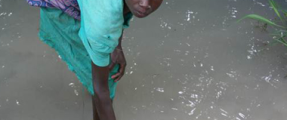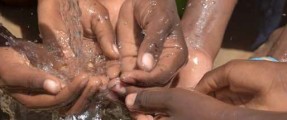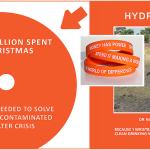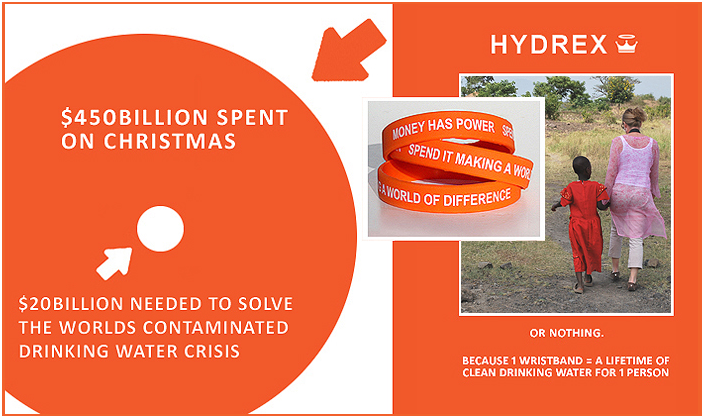Lack of Water Access Hinders Children’s Development
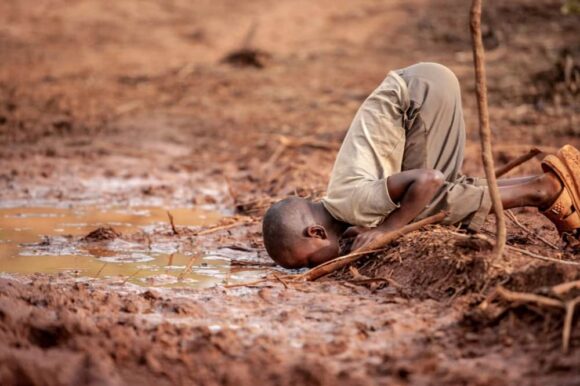
In Tanzania, nearly 90% of the population lacks access to safely managed drinking water services (UNICEF, 2022). This includes the majority of the 284 Compassion-assisted children at Evangelical Lutheran Church of Tanzania (ELCT) Muungano Ruvu. The closest borehole well is a six-mile trek from the community. This well often runs dry, and the water has a high salinity level. Children frequently miss school to fetch water, and families often turn to using unsafe water sources, such as digging their own untreated wells or using river water. The church also struggles to access safe water to sustain program activities, posing challenges on center days. Over time, insufficient water access has limited infrastructure improvements, development and employment opportunities, hindering the entire community.
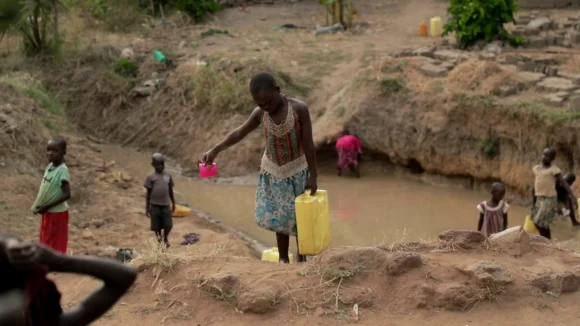
God’s love for children compels us to make a difference. Partnering with the local church in eastern Tanzania, this crucial water, sanitation and hygiene (WaSH) intervention will bring hope, equipping children to escape the hardships of extreme poverty. Changing Lives With Safe Water With your support, ELCT Muungano Ruvu can drill a borehole well, creating greater access to safe water for Compassion-assisted children, their families and the community. Children and their families will also receive hygiene education. Safe water will improve children and their families’ health, and the time they once spent fetching water can be used productively. Children will be more likely to excel in their studies and stay in school. Further, safe water can be used for cooking, household chores and gardening. For families living in deep poverty, access to safe water will be transformational!
While most of us don’t think twice about the safety of our drinking water, safe water access is often one of the greatest burdens for families living in poverty. Ever-present worries about water safety and access are a daily reality for many in eastern Tanzania. Without adequate water access, most children are not practicing good hygiene, including bathing and hand-washing, leaving them more vulnerable to illness. Water-borne diseases are prevalent due to contaminated drinking water.
When children fall sick, they miss school, programming at the center, church and other social activities. Further, they spend valuable hours walking to draw water for their families, often leading them to miss school or discontinue their education early. This negatively affects their cognitive, social, emotional and spiritual development, as well as their physical health. A borehole well will bring great joy and relief to children and their families living in challenging circumstances.
Implementation Plan
Carrying out this important intervention will require the following key elements:
- Holding a planning meeting and selecting vendors and
contractors for the project. - Drilling the borehole well and installing the water
pump and water storage tank. - Testing the water quality and safety.
- Training community members on safe water
management and healthy hygiene practices.
With safe water, illnesses will decrease, enabling children to feel their best and consistently attend school, program activities and church. Hygiene education will encourage families to practice good hygiene habits, which will bring positive change to the community. Free from the stressors of contaminated water and the ever-present threat of illness, children will grow, develop and continue their journey out of poverty while learning about the eternal hope of Jesus.
Anticipated Outcomes
When children drink safe water and use proper sanitation practices, they are no longer at needless risk. Their health improves, which benefits every other area of their lives. Through this safe water intervention, not only will 284 children at the center benefit from safe water, but their entire community will share the benefits and come to see the local church partner as a leader and trusted ministry in the community.
With safe water, illnesses will decrease, enabling children to feel their best and consistently attend school, program activities and church. Hygiene education will encourage families to practice good hygiene habits, which will bring positive change to the community. Free from the stressors of contaminated water and the ever-present threat of illness, children will grow, develop and continue their journey out of poverty while learning about the eternal hope of Jesus.
Compassion’s Front line Church Partner, in coordination with the national country office, has carefully planned and considered all aspects of budgeting for this critical intervention. Below is a summary of the overall need for this important effort. *This budget covers all program, administration and fundraising costs commensurate with Compassion’s corporate guidelines:
| Budget Items | Total Expense | Local Contribution | Amount Requested |
| Planning and geological survey | $1,083.28 | $672.47 | $410.81 |
| Borehole drilling and development costs | $13,714.85 | $0 | $13,714.85 |
| Well and water pump materials and installation | $4,968.37 | $563.19 | $4,405.18 |
| Well protection and safe management | $221.21 | $0 | $221.21 |
| Water safety testing | $233.79 | $25.22 | $208.57 |
| Total | $20,221.50 | $1,260.88 | $18,960.62 |
Matthew 10:42 “And if anyone gives even a cup of cold water to one of these little ones who is my disciple, truly I tell you, that person will certainly not lose their reward.”
